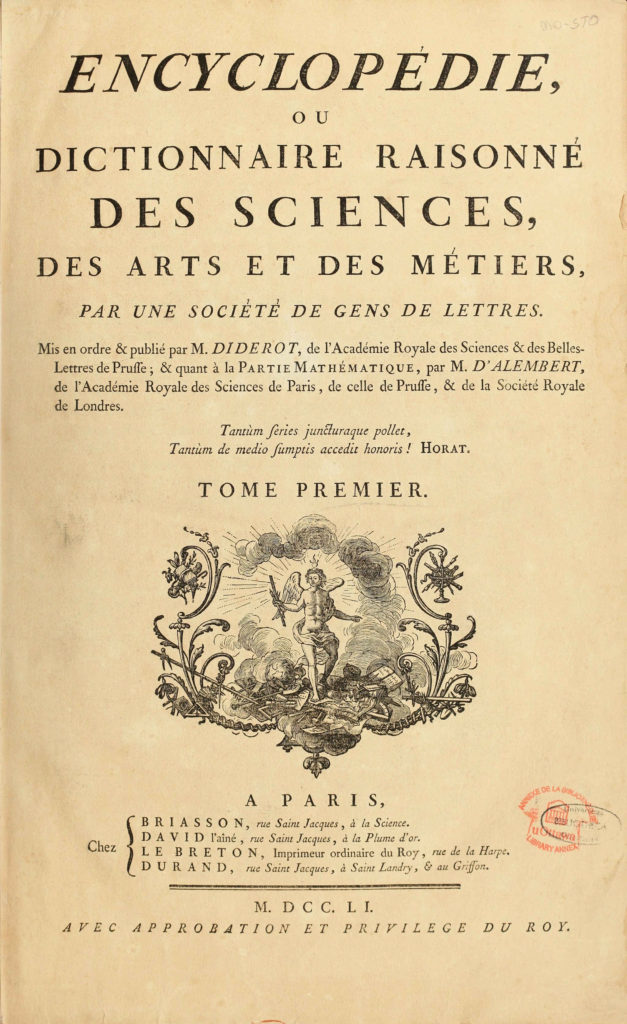
Freedom
and
Survival
Social Movement Strategy for a Sustainable and Democratic Society
Library of Educational Resources
In the course of learning about the major issues facing humanity and what it will take to establish a sustainable society, I’ve found numerous brilliant books, articles, and other resources. This library attempts to categorize and present a few of them.
This curriculum model ties together each of the literacy domains below, as does this essay about the future of the climate movement.
Ecological Literacy
Humanity faces several issues that threaten our survival, and most are ecological crises resulting from overwhelming human demands on this finite planet. We are creating conditions far from those in which society has developed, likely outside of our ability to adapt. The public must understand the severity and urgency of these crises, why they’re occurring, and that we must solve them at essentially all costs.
Thinking In Systems: A Primer by Donella Meadows (read her widely referenced article about the leverage points one can use to intervene in systems)
The Limits to Growth by Donella Meadows, Dennis Meadows, and Jorgen Randers (read the original online or listen to an interview with Dennis Meadows)
The End of Growth: Adapting to Our New Economic Reality by Richard Heinberg
Climate scientist Kevin Anderson’s articles and blog
Stockholm Resilience Center’s Planetary Boundaries framework
Conversation Earth podcast
Technological and Energy Literacy
Technological innovations heavily influence humanity’s interactions with the natural world, particularly those that allow us to capture and utilize energy. Energy plays a major role in determining how societies are organized and the structure of our day-to-day lifestyles. All sources of energy are not created equal—moving from wood combustion and muscle to fossil fuels brought about the Industrial Revolution and the high-consumption world we know today. Faced with a climate crisis and oil depletion, we need to rapidly transition from fossil fuels to renewables. Understanding the challenges we’ll face and how society may change in the process will be crucial to successfully planning for and completing the transition.
Our Renewable Future: Laying the Path for One Hundred Percent Clean Energy by Richard Heinberg and David Fridley (follow the link to read the book online)
Beyond this Brief Anomaly by Josh Floyd
Economic Literacy
Our economy is designed to maximize consumption, which drives our ecological issues. Wealthy nations must consume less, but under our current economic structure these reductions lead to social instability and turmoil. We need an understanding of the present economy and the type of economy that can function within ecological limits. Thankfully, many thinkers have taken these problems seriously and their decades of work help us to envision how a sustainable economy would operate.
Enough Is Enough: Building a Sustainable Economy in a World of Finite Resources by Rob Dietz and Dan O’Neill (read the full report that became the book)
Degrowth: A Vocabulary for a New Era by Giacomo D’Alisa, Federico Demaria, and Giorgos Kallis (follow the link to read the book online)
Beyond Growth: The Economics of Sustainable Development by Herman Daly (read his essay on ecological economics for the Great Transition Initiative)
Debt or Democracy: Public Money for Sustainability and Social Justice by Mary Mellor (read her essay on the monetary and financial system for the Great Transition Initiative)
Power Literacy
The economic transition that must accompany the energy transition aims to transform the goal of the economy from profit-maximization to meeting basic needs within ecological limits. But the promise of endless economic growth has long been treated as a substitute for equality, and these changes will be fought by those who own and manage the economy. We should understand the conditions that assure decision-making power to a minority of the population and the ways that elites have historically disempowered the public and repressed movements.
The Corporation: The Pathological Pursuit of Profit and Power by Joel Bakan
Golden Rule: The Investment Theory of Political Parties by Thomas Ferguson (read his ongoing dissection of money in politics for the Institute for New Economic Thinking)
PR! A Social History of Spin by Stuart Ewen
Hegemony or Survival: America’s Quest for Global Dominance by Noam Chomsky
Understanding Power: The Indispensable Chomsky by Peter R. Mitchell and John Schoeffel
The Doomsday Machine: Confessions of a Nuclear War Planner by Daniel Ellsberg
Affluence and Influence: Economic Inequality and Political Power in America by Martin Gilens (read this paper by Martin Gilens and Benjamin I. Page examining the public’s lack of influence on policy)
Social Change Literacy (Building an Autonomous Mass Movement)
In order to transform society, ordinary citizens will need to build a movement that can achieve public control of our political and economic systems. Without sufficient knowledge of the issues we face and the solutions we must implement, the movement can only go as far as elites are willing to tolerate. But as we become more intellectually and politically active, we develop our capacity for self-government, tear down social myths that justify concentrated power, and dispel the idea that we must accept the limits that elites place on the practice of democracy.
A Revolution Of The Mind: Radical Enlightenment and the Intellectual Origins of Modern Democracy by Jonathan Israel
Common Sense by Thomas Paine (follow the link to read the pamphlet online)
The Populist Moment: A Short History of the Agrarian Revolt in America by Lawrence Goodwyn (read his article on the demands of building a mass democratic movement—overflowing with insight)
Homage To Catalonia by George Orwell (read a perspective on Orwell’s experience of large-scale democratic organizing during the Spanish Civil War)
On Democracy: Second Edition by Robert Dahl
Why Civil Resistance Works: The Strategic Logic of Nonviolent Conflict by Erica Chenoweth (read an interview about the book or watch her TED Talk)
Sunrise Movement—this group is doing some of the best work in the US on the climate crisis